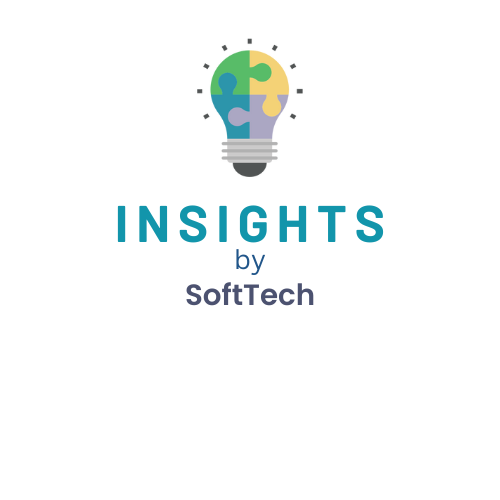Last Updated on February 24, 2024 by softtech
Introduction:
In our quest for a sustainable future, waste management emerges as a pivotal arena demanding innovative solutions. As we strive toward achieving net zero waste, technological advancements have become indispensable. Among these, digital twin solutions stand out as a beacon of hope, offering unprecedented efficiency and precision in waste management processes. Let’s delve into the transformative potential of digital twins in revolutionizing waste management practices and propelling us closer to a sustainable, waste-free world.
Digital Twin Technology:
A Brief Overview Digital twin technology involves creating virtual replicas of physical assets, processes, or systems. These virtual models are interconnected with their real-world counterparts, enabling real-time monitoring, analysis, and optimization. Originally popularized in manufacturing and engineering sectors, digital twins are now making waves across various industries, including waste management.
Revolutionizing Waste Management with Digital Twins
- Enhanced Monitoring and Predictive Analytics: Digital twins empower waste management facilities with comprehensive monitoring capabilities. Sensors deployed throughout the waste management infrastructure collect real-time data on factors like waste volume, composition, and movement. Advanced analytics algorithms process this data to generate actionable insights, facilitating predictive maintenance, optimizing resource allocation, and minimizing operational disruptions.
- Dynamic Waste Sorting and Recycling: Traditional waste sorting processes are often labor-intensive and error-prone. Digital twin solutions revolutionize this aspect by integrating artificial intelligence and machine learning algorithms. By analyzing visual data from cameras installed along the waste sorting conveyor belts, digital twins can accurately identify and sort different types of waste in real-time. This not only enhances recycling efficiency but also reduces contamination and landfill burden.
- Optimal Resource Utilization and Route Optimization: Efficient waste collection and transportation are crucial for minimizing environmental impact and operational costs. Digital twin-powered optimization algorithms analyze historical data, current conditions, and dynamic variables such as traffic and weather patterns to devise optimal collection routes. By minimizing travel distance and time, these solutions reduce fuel consumption, greenhouse gas emissions, and overall carbon footprint.
- Stakeholder Engagement and Community Participation: Digital twin platforms offer a unique opportunity to engage stakeholders and foster community participation in waste management initiatives. By providing transparent access to real-time data and insights, these platforms empower citizens to actively contribute to waste reduction efforts. Public awareness campaigns, incentivized recycling programs, and gamification elements can be integrated into digital twin interfaces to promote sustainable behavior and foster a culture of environmental stewardship.
Challenges and Future Outlook
While the potential of digital twin solutions in waste management is immense, several challenges remain to be addressed. These include data privacy concerns, interoperability issues, and initial investment costs. However, with ongoing advancements in technology and growing recognition of the urgency to address waste-related challenges, the future looks promising.
Conclusion
In our collective journey toward achieving net zero waste, digital twin solutions emerge as a game-changer, offering unparalleled capabilities to optimize waste management processes, enhance resource efficiency, and engage communities in sustainable practices. By harnessing the power of digital twins, we can pave the way for a cleaner, greener, and more resilient future for generations to come.
About Author
Olivia Jones
Technology Specialist
Olivia is a highly skilled and experienced Technology Specialist with 10+ years of hands-on expertise in the rapidly evolving field of technology. She has a proven track record of successfully implementing and managing a wide range of technological solutions, ensuring optimal performance and efficiency. Olivia possesses a deep understanding of industry trends and emerging technologies, enabling her to provide strategic guidance and drive innovation within organizations. With a strong focus on problem-solving, she consistently delivers tailored solutions that align with business objectives while maximizing productivity and cost-effectiveness.
About SoftTech Engineers
A leading IT company (www.softtech-engr.com) facilitating business and technology transformation across the AEC industry through innovative software products and solutions. Equipped with 25+ years of deep domain expertise and industry knowledge, SoftTech has helped more than 4500 clients & government organizations, with more than 25000 users in India and around the world to gain a competitive edge and lead from the front in the industry.

